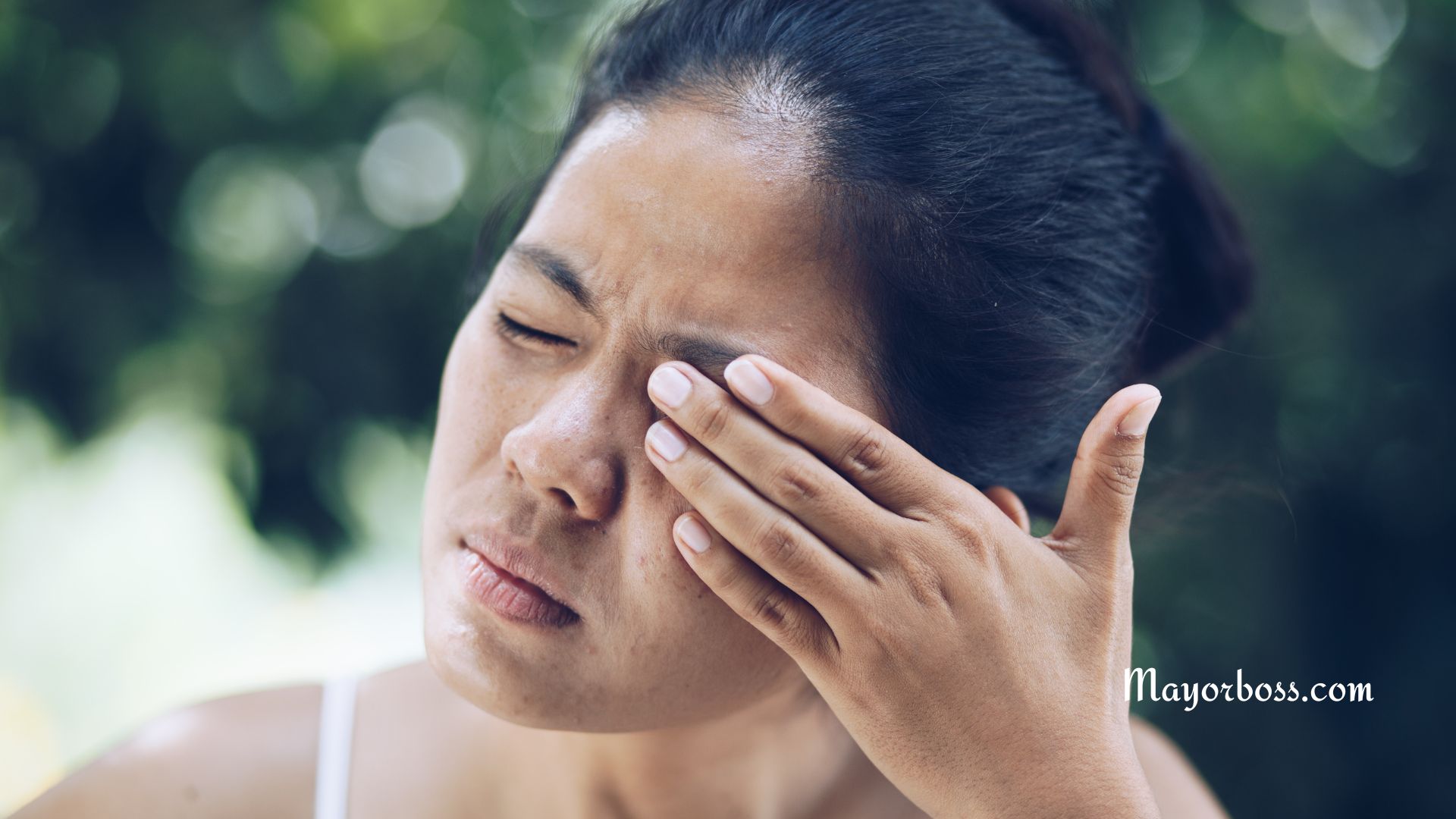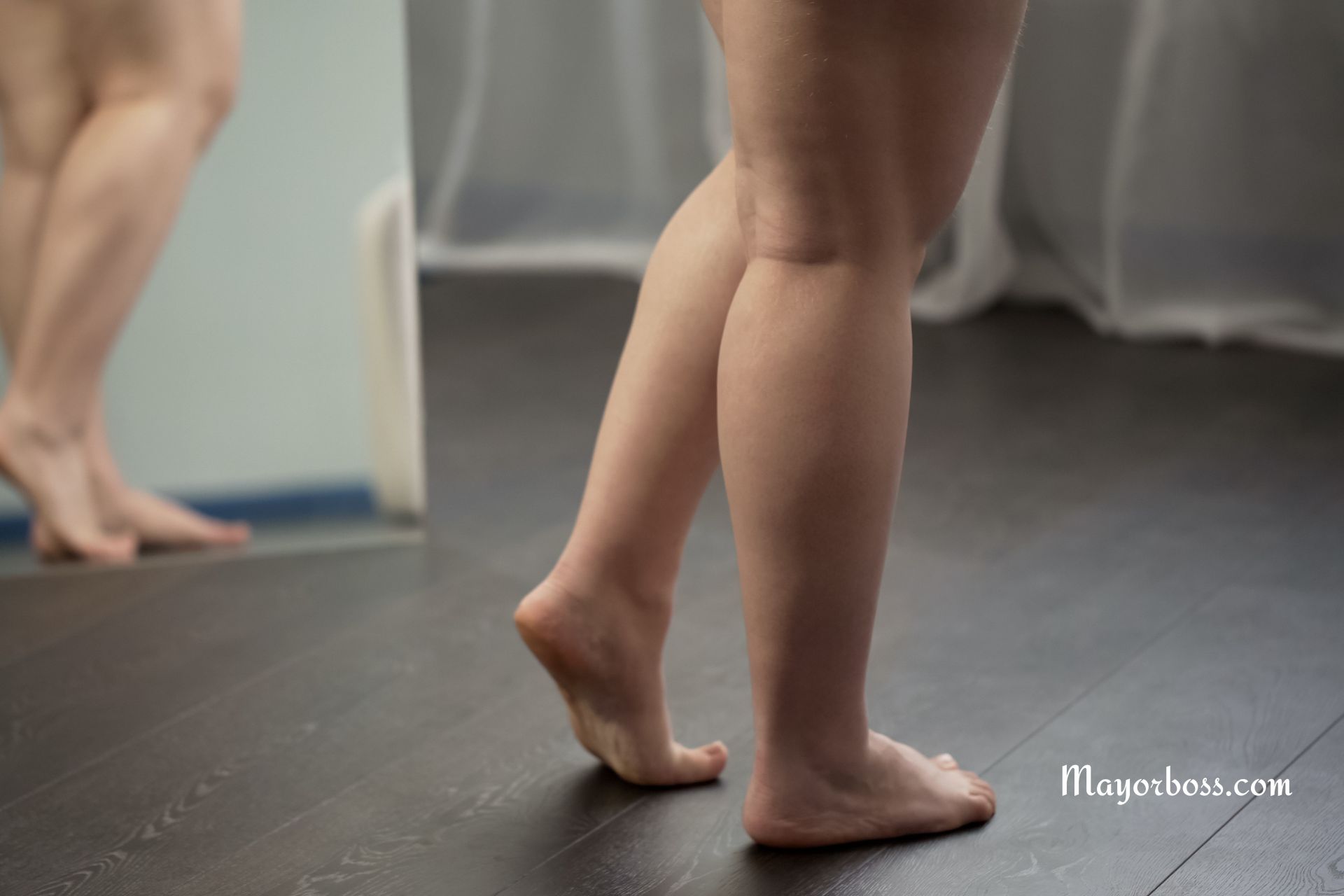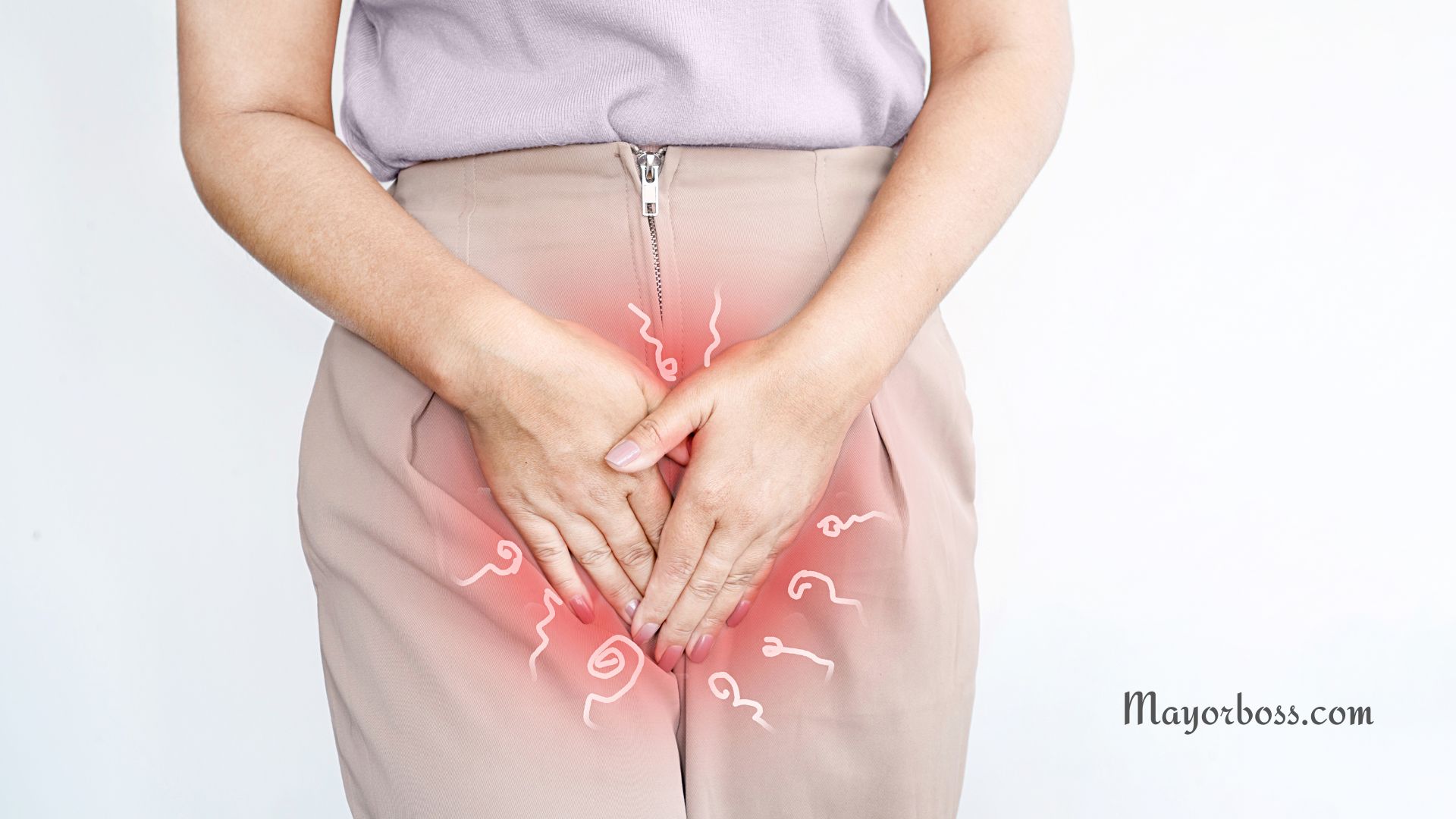Your Armpits Smell When You Wake Up? Here’s Why
Have you ever noticed that your armpits smell when you wake up? If you have, don’t worry—you’re not alone. Lots of people wake up with smelly armpits, and while it might be a little embarrassing, it’s totally normal. There are a few reasons why this happens, and luckily, there are some easy ways to deal with it.

Why Do Your Armpits Smell in the Morning?
The smell coming from your armpits in the morning is because of your body’s natural processes. Your body controls its temperature by sweating, and this doesn’t just stop when you’re sleeping. In fact, you might sweat even more during sleep, especially if your room is warm or you’re sleeping under heavy blankets.
When you sleep, your sweat mixes with the bacteria that naturally live on your skin. Scientists believe this is a big reason why your armpits might smell bad when you wake up. The bacteria break down your sweat and produce smelly compounds. This is especially noticeable in your armpits because there are lots of sweat glands there.
Hormones Can Make Armpit Odor Worse While You Sleep
Hormones are another reason why your armpits can smell in the morning. Hormone levels change while you sleep, and these changes can make you sweat more. The Cleveland Clinic says that hormone changes, especially stress or sex hormones, can make you sweat more at night.
For example, if you’re going through puberty, having your period, or feeling stressed, you might sweat more during the night. This extra sweat causes bacteria to break down more, which means more odor in the morning.
Stress Can Cause Smelly Sweat
The type of sweat your body makes also matters. Stress can make your sweat smell worse, so if you go to bed feeling worried or anxious, you might produce more smelly sweat.
There’s a type of sweat called apocrine sweat that is different from the sweat that cools you down. Apocrine sweat has fats and proteins that bacteria love. Research suggests that stress sweat is often smellier because the bacteria break down these proteins. So if you’re feeling stressed before bed, this could be why your armpits smell in the morning.
The Food You Eat Affects How You Smell in the Morning
What you eat can also affect how your armpits smell. Eating spicy foods, garlic, onions, or other strong-smelling foods can make your sweat smell stronger. Gastroenterologists say that some of the compounds in these foods can get into your sweat, making the smell worse. So if you eat a lot of these foods, don’t be surprised if your armpits smell more in the morning.
Night Sweats Make Morning Odor Worse
Night sweats can also make your armpits smell when you wake up. Night sweats are pretty common and can happen for a lot of reasons—like a warm room, hormonal changes, or certain medications. And now, multiple studies have shown that sweating a lot at night gives bacteria more of a chance to grow, which makes the odor worse.

Good Hygiene Can Help Reduce Morning Armpit Odor
Of course, how you take care of yourself matters when it comes to morning armpit odor. Taking regular showers can help reduce the number of bacteria on your skin, which means less smell. Using antibacterial soap can be especially helpful. Health experts say that people who have trouble with body odor should wash their armpits well every day to keep the bacteria under control.
Should You Use Antiperspirant or Deodorant at Night?
A lot of people wonder if they should use antiperspirants or deodorants at night to help with morning armpit odors. The answer is yes—using antiperspirant at night can actually work better than using it in the morning. Cleveland Clinic says that antiperspirants work by blocking your sweat glands, and they work best when your skin is dry, which is usually at night. This way, the antiperspirant has time to be absorbed and can stop sweat before it starts.
Deodorants, on the other hand, don’t stop you from sweating, but they do help cover up the smell. If you’re worried about morning odor, using both antiperspirant and deodorant can help you feel fresher.
Easy Tips to Reduce Armpit Odor in the Morning
If you’re tired of waking up with smelly armpits, here are some easy tips to help:
- Shower Before Bed: Washing your armpits before you go to sleep can help get rid of bacteria, which means less odor in the morning.
- Use Antibacterial Soap: Antibacterial soaps are great for killing the bacteria that cause odor. Using one before bed can help keep you smelling fresh.
- Apply Antiperspirant at Night: Putting on an antiperspirant before bed can help keep sweat under control and reduce odor.
- Wear Breathable Pajamas: Wear loose, cotton pajamas that let your skin breathe. Tight or synthetic fabrics can trap sweat and make the smell worse.
- Keep Your Bedroom Cool: Sleeping in a cooler room can help you sweat less at night, which means less odor-causing bacteria.
- Watch What You Eat: Try not to eat strong-smelling foods like garlic or onions at dinner. These foods can make your sweat smell stronger.
When to See a Doctor About Night Sweats or Odor
If you’ve tried these tips and still have a lot of armpit odor in the morning, it might be time to talk to your doctor. Sometimes, too much sweating or strong body odor can mean there’s a health problem that needs attention. Mayo Clinic says that conditions like hyperhidrosis (which is excessive sweating) or hormone problems might need treatment from a doctor.
Also, if your night sweats are so bad that your pajamas or sheets are soaked, it’s a good idea to see your doctor to make sure there aren’t any health issues causing it. Your doctor can help you figure out what’s going on and suggest ways to treat it.
The Bottom Line
Morning armpit odor is a natural part of how your body works while you sleep. Things like hormones, stress, diet, and hygiene can cause it. However, with some simple changes—like taking a shower before bed, using antiperspirant at night, and keeping your room cool—you can cut down on the smell and wake up feeling fresher.
If you still have a strong body odor even after trying these tips, don’t be afraid to talk to your doctor. They can help you figure out if there’s an underlying problem and find the right solution for you.






